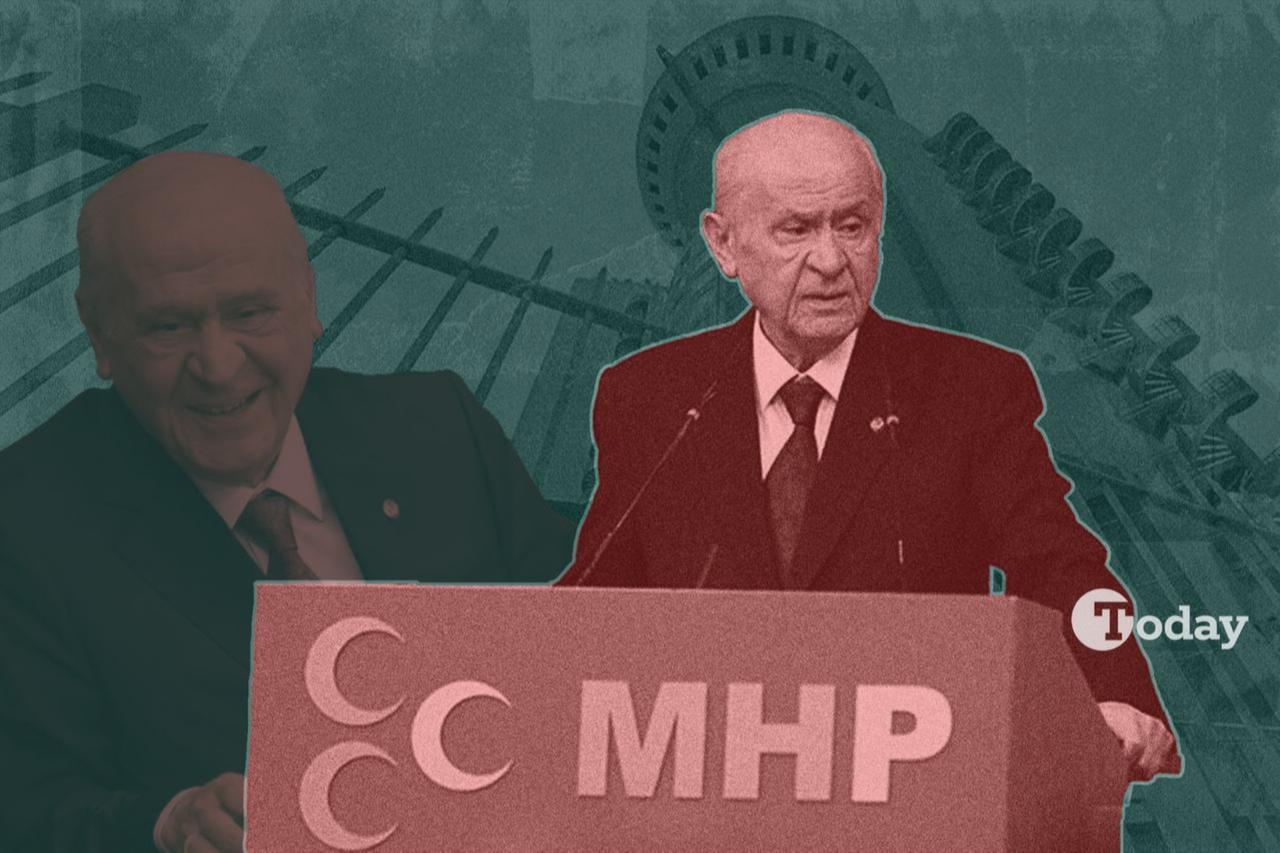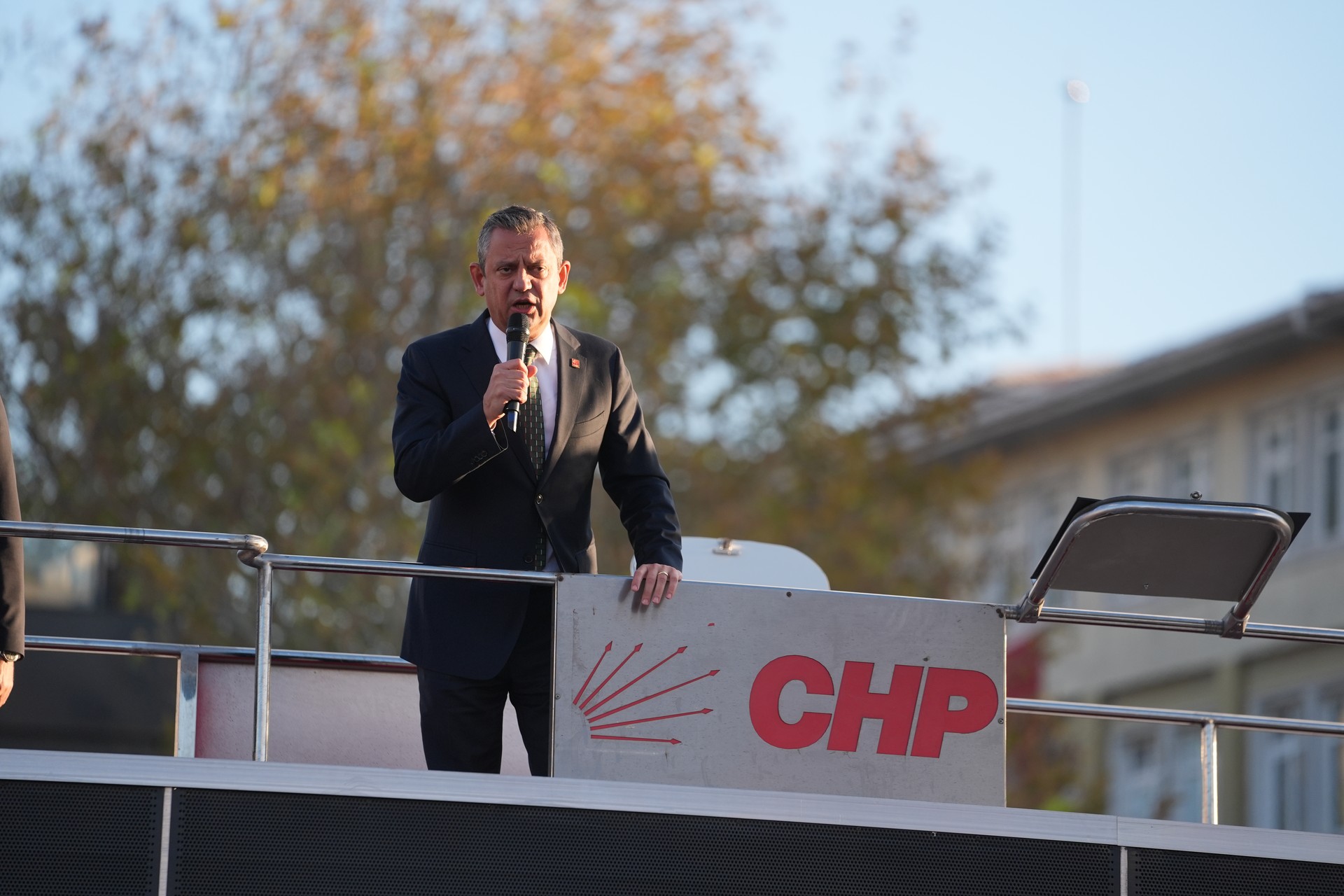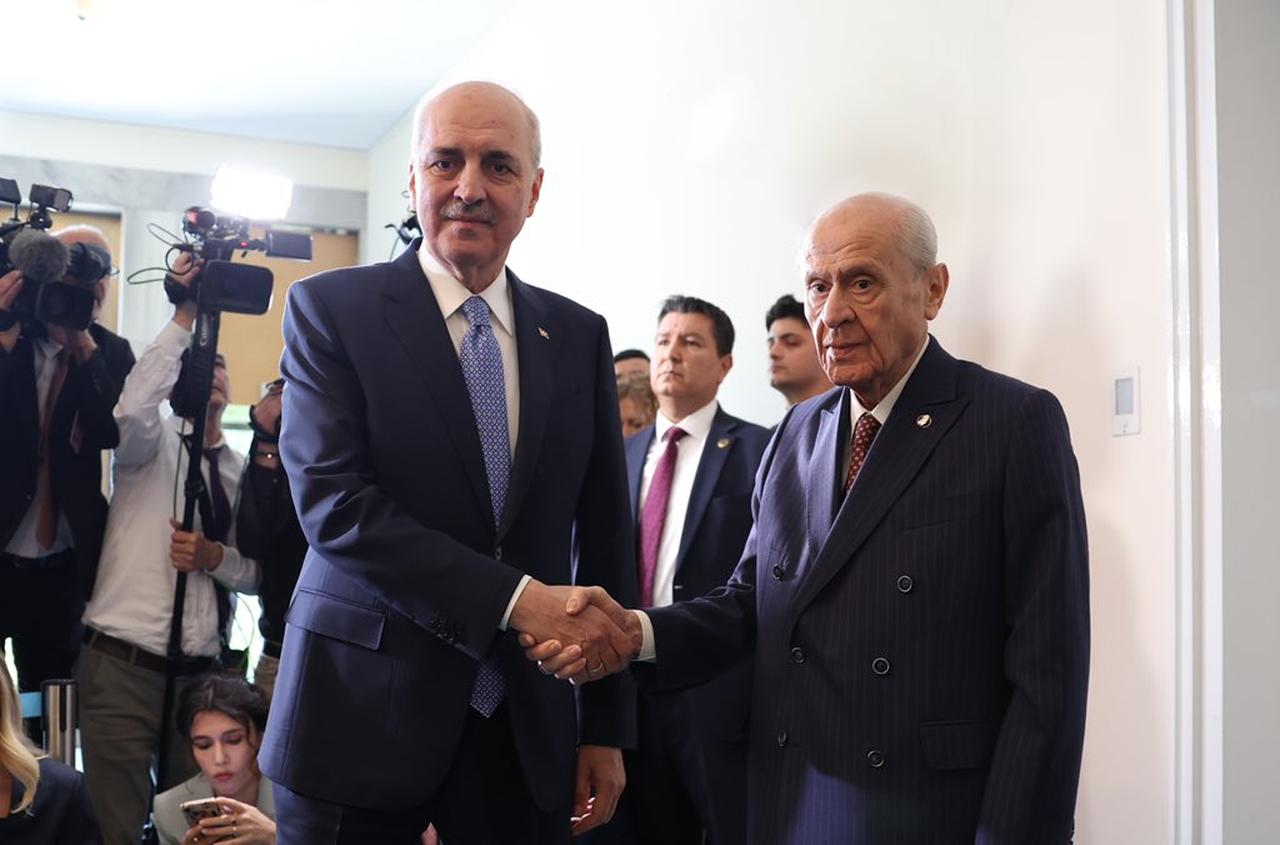
Nationalist Movement Party (MHP) leader Devlet Bahceli and Republican People’s Party (CHP) leader Ozgur Ozel have both called for an accelerated judicial process in ongoing, high-profile municipal investigations.
Bahceli, whose party is a key ally of the ruling coalition, said on August 11 that Türkiye must swiftly resolve an expanding array of legal disputes, with a particular focus on cases involving municipalities. “With the end of the judicial recess, baseless debates and frictions surrounding the judiciary must be decisively ended,” he said, urging that all pending investigations and prosecutions be wrapped up without delay to safeguard democracy and legal certainty.

Ozel, speaking to reporters a day later, described Bahceli’s remarks as “valuable,” noting that MHP officials have for weeks been appealing for calm and reminding the public of due process. “We are not avoiding trials, investigations, or inspectors,” Ozel said. “When the judicial recess ends, indictments should be filed and proceedings should move to the trial stage. The legal system has been left in shambles.”
The judicial recess, which began on July 20, ends on August 31.
The backdrop to these calls is a series of sweeping investigations targeting CHP-led municipalities since late 2024. The operations have resulted in dozens of arrests, including sitting mayors, and hundreds of detentions. The most politically charged case centers on the Istanbul Metropolitan Municipality (IBB).
Mayor Ekrem Imamoglu saw his university diploma annulled on March 18 earlier this year. He was detained the next day on terrorism and corruption-related charges, and on March 23 was arrested on corruption allegations, the same day he was nominated as CHP’s presidential candidate in a party primary.

Although MHP leader Devlet Bahceli’s August 11 remarks on the need to swiftly conclude expanding legal cases—particularly those involving municipalities—did not name Istanbul Mayor Ekrem Imamoglu, the political subtext was widely understood. In Ankara’s political circles, the message was seen as directed at President Recep Tayyip Erdoğan: the prolonged proceedings against Imamoglu risk inflicting political damage on the government, and should be resolved quickly.
The timing added weight to the interpretation. The same week, reports emerged of tensions within ruling party ranks over high-profile legal maneuvers, including allegations of pressure on prosecutors and a string of dismissals of prominent lawyers linked to key figures in the political governing circle.
It should be noted that Bahceli’s intervention did not advocate for acquittal or release, but rather for speed in judicial proceedings, an acknowledgment that, in his view, dragging out the cases could amplify political costs.
The nationalist leader’s calculus appears tied to several factors: his stated goal of completing the government’s “terror-free Türkiye” initiative by the end of 2025; the risk of public backlash if investigations fail to produce substantive evidence; and a threat of possible shift in public opinion.
Bahceli might also be wary of failing to fracture CHP-DEM Party cooperation.
In this reading, Bahceli’s public signal serves as both a strategic reminder of priorities, particularly in the context of the PKK disarmament process, and a pragmatic call to prevent a legal battle from overshadowing broader political objectives.
Bahceli has repeatedly pressed for faster judicial action in these cases. On April 14, just weeks after Imamoglu’s suspension from office, he urged courts to base decisions on “clear and credible evidence,” adding that if the mayor was innocent he should be acquitted, and if guilty, punished “in line with public conscience and as quickly as possible.”
On July 8, he again called for indictments in the İBB investigations to be prepared “without delay” and for proceedings to conclude swiftly.
Both Imamoglu and Ozel have called for the trials to be broadcast live on state television earlier this summer. Bahceli has also backed the idea in principle, saying the expectation for live coverage should be “reasonably evaluated,” though he stopped short of naming TRT directly.
Despite the rare alignment between the nationalist leader and the main opposition, prosecutors have yet to file an indictment against Imamoglu or his colleagues, leaving the fate of the cases, and their potential political fallout, unresolved as the judicial calendar prepares to resume.